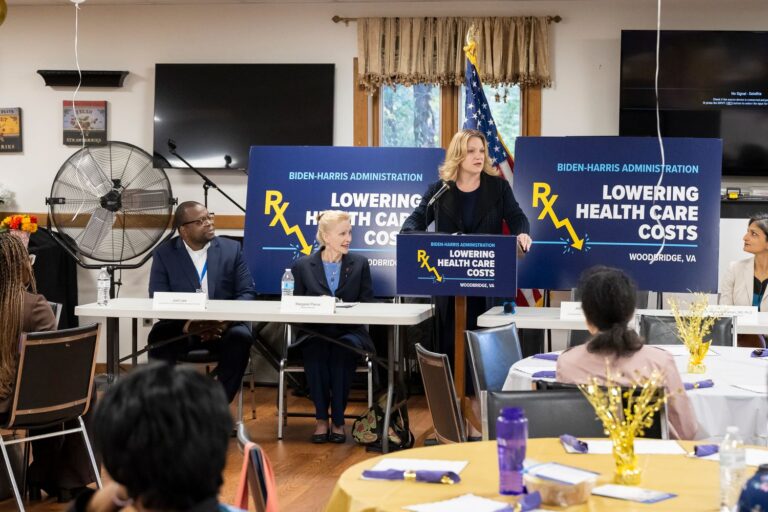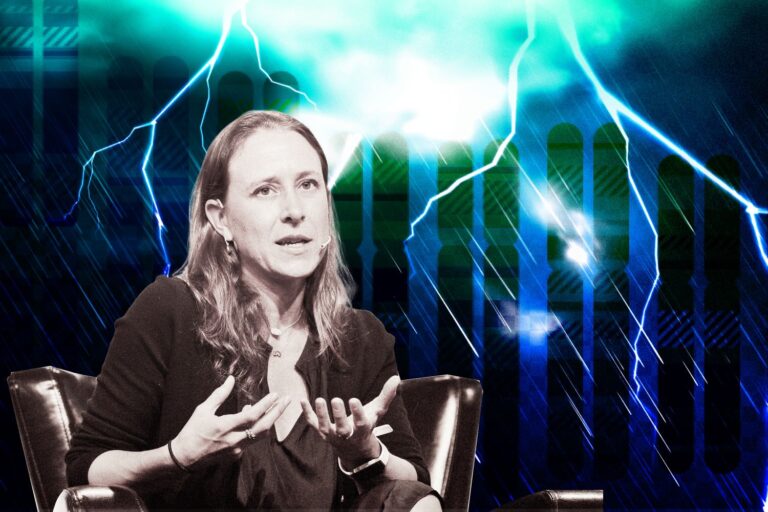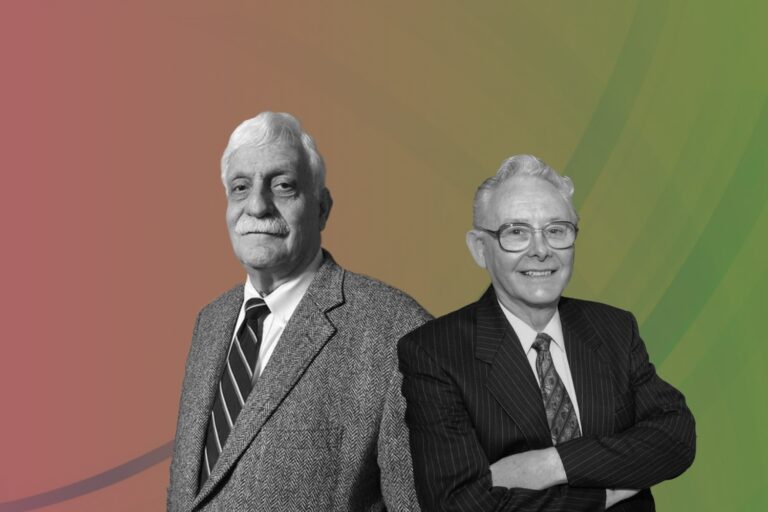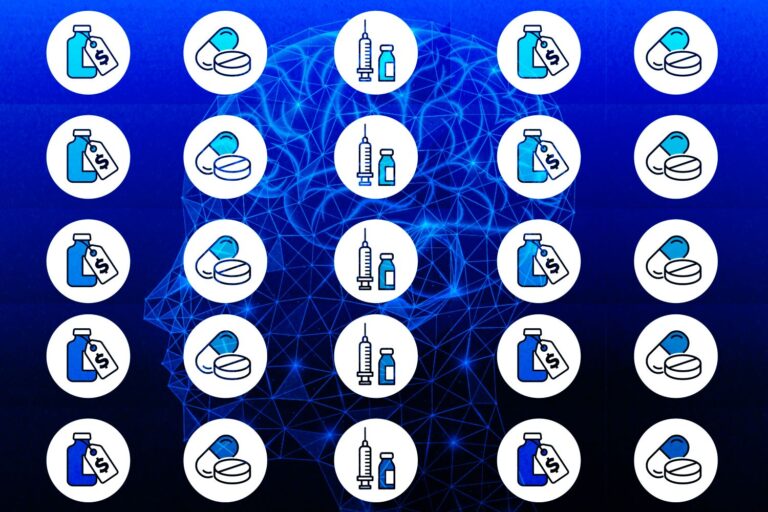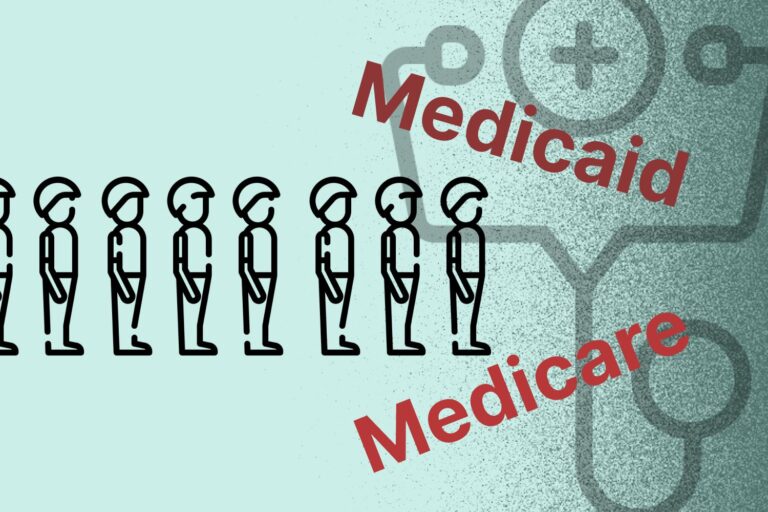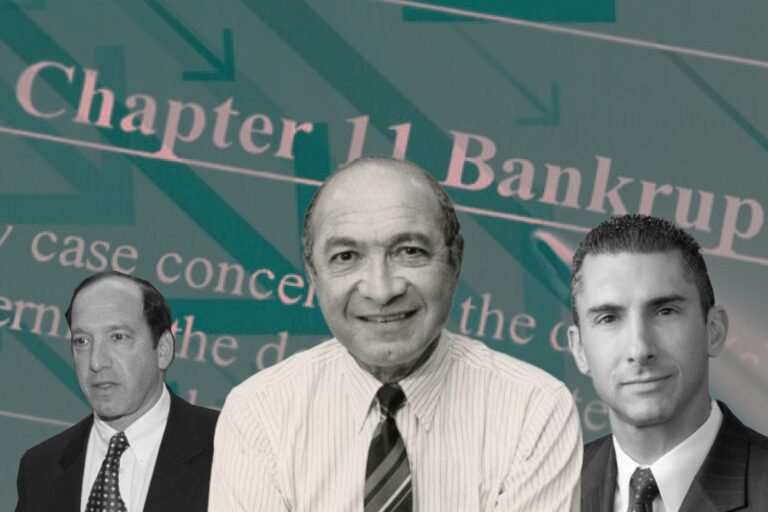Goodrx’s Breakthrough Recipe to Benefit from a Crazy System
According to CNBC, Americans pay on average more than $1,200 for their medication per year, far higher than any other developed nation. This crazy price leaves many without the care they need. Two-thirds of patients delay care and one-third of drugs are left on the counter due to costs.
Then this company comes to the rescue, founded in 2011, GoodRx offer a discount prescription drug platform with visions of becoming the biggest direct-to-consumer healthcare company. Their current model is simple. Search prescriptions and compare prices, with a mission to make healthcare more affordable.
Every month, 17 million Americans use GoodRx, ranked at No. 20 on the 2020 CNBC Disruptor 50 list, to find the best prices at more than 70,000 pharmacies nationwide.
GoodRx’s Founding Story: Passion on Taking the Disorder and Turns It into Order
Since a vision is so important for a successful company, let’s first look at the ‘why’ of this story – the situation involved for this need to happen?

We are living in a world where you can google and get information on anything but when it comes to healthcare, especially at the State, remained a black box. And, the question came to Hirsch, if there is any way he can unravel this mystery of healthcare pricing where all Americans are standing in the dark with no information.
Spend much time of his life trying to take the disorder and turns it into order. Hirsch wants to disrupt this mess!
Called into two of his best man Scott Marlette, an early Facebook engineer, and Trevor Bezdek who ran an IT consulting firm. Together they formed GoodRx.
However, that was no easy pickings. The three back then was no familiar with this industry and has to face those naysayers who were against the idea with quite a commonly held sense, the founder says it was also what many investors were thinking at that time.
Row Upstream for the Problem Lies There
According to HealthAffair, the US spends more than $500 billion on prescription drugs each year, therefore, the company is tapping into a very real – and thriving – consumer need.
Nevertheless, when Hirsch first brought this up, many experts told him to stay away from the space, as incumbents in the drug supply chain often take aggressive steps against newcomers. A big example was how, after Amazon made its first steps into space by acquiring online pharmacy PillPack, e-prescribing giant Surecripts called in the FBI to look into how PillPack was getting prescription information and, CVS sued to stop an executive from jumping ship.
Another side of the story, from where investor keeps telling him how he was wasting his time trying to figure out drug price economics. Because every American could have insurance and it’s all going to be perfect, and everything is going to free – a lot of people said that about his business. And even beyond that.
But it turns out while more American have insurance almost American is underinsured– meaning they often have huge deductibles, or the number of drugs is covered by the insurance plans have gone through the roof and patients end up getting exposed to the crazy high price.
Solve the Unsolvable
But they do it anyway. The instinct of an entrepreneur a problem solver, Hirsch knows there is more underneath, and his people need this solution – the underdog needs this.
To kick-off, Hirsch and the guys compiled a database of more than a million drug prices for over 6,000 prescription drugs, which comes from pharmacies that publish their prices such as Costco and HealthWarehouse, and some other insurance claims from companies that process them, according to Hirsch.
So, the attempt here is “We managed to discover … how things were priced,” he said, “and that there were actually ways to end-run the system that would enable you to save significantly.” A $200 drug could be bought for just $5, for instance. “By gathering all these prices, we find that there are incredible ways to save.”
As true as the business ethos of ‘It always benefits you to take good care of people’, the company now stands out among other companies filing to go public because of its history of profitability. Recently, it reported nearly $55 million in profit for the first half of last year. Total revenue came to $256.7 million for the first half of 2020.
The Beauty of this Model – How This Company Profit from a Crazy System?
To give a general look, GoodRx is expanding the market for the Pharmacy Benefit Managers (PBMs) by increasing their cash transaction volumes and by adding new consumers to the overall market, many of whom, would otherwise not fill their prescriptions for the high deductibles or prices. In brief, the company profits by helping consumers avoid the US pharmacy industry’s historical cash pricing models. Which makes the beauty of this business!

As a consumer-facing platform, the company’s model has not only provided services to a large number of patients but has also attracted healthcare professionals and companies to be present on the platform. Which has created a three-sided marketplace for the mentioned players, let’s break down how!
First off, patients. To pay at the counter they can use cash, card, insurance, or a coupon like GoodRx. No doubt, insurance is sometimes cheaper, but it also has caps on out-of-pocket, and this is when the coupon runs as a cash-paid discount program outside insurance.
Use the code at checkout and this platform captures $5-7 on average, 15% of the list price, or about 4% of the discounted price paid. Prices to consumers are 71% cheaper than the list price (per S-1 filing). Patients do these tens of thousands of times per day.
Secondly, the vast majority of their revenue is paid by the Pharmacy Benefit Manager (PBM), or the pharmacy middlemen who buy drugs from manufacturers and process claims.
In a very simple example, imagine a patient pays $20 for a drug. The PBM might collect $6 from the pharmacy, leaving the pharmacy with $14 (the pharmacy also incurs dispensing costs). The PBM then splits some of that fee with the company.
Independent pharmacies will sometimes make money on the transaction, but not always. For that reason, some of them have started their own rival discount programs or work with a different contractor that is offering to reduce the fees. But Hirsch claims that overall, his service is “financially positive” for pharmacies.
It also sells advertising on its website and charges consumers $5.99 per month for a subscription service called GoodRx Gold, which can offer savings for customers with many prescriptions.
It was an early mover into this space but now has half a dozen competitors, including Singlecare and RxSaver, which are each jostling for a corner of the highly lucrative market. However, order and price controls are the biggest enemy of GoodRx’s current business. But given the government’s track record, and already high costs at the counter (1/3 of GoodRx users are on Medicare), things aren’t likely to change. However, Hirsch recognizes there is a risk. “If America as a country decided to keep all Americans healthy and things were upfront and transparent, there would be no need for GoodRx. I don’t suspect that’ll happen, but if it did, I’d happily hang up my hat and move on to another problem.” Cost-sharing and inefficiencies will almost certainly always be part of the friction of our system.
Entrepreneur Talk: Formula for Breakthrough Business Is My Insecurity and Not Surrounded by Experts

Constantly looking for opportunities to solves big problems Doug Hirsch has spent decades building technology that helps everyday consumers. He was among the first 30 employees at Yahoo!, where he conceived and managed the earliest online communities including GeoCities and Yahoo! Groups. In 2005, he joined Facebook as Vice President of Product. As far as he has gone, Hirsch has got a lot to talk about being an entrepreneur, a leader, and a businessman. All about decades-old experiences and lessons.
Problem Solving at the Heart of Entrepreneurship
Let’s first talk about his passion for being a problem solver!
Hirsch addresses how he initially saw a problem and as he goes discover the source of the problem the vision created itself. The founder explains it’s not that you have this whole idea figured out, it started when you’ve got a problem in your brain, and it bothered you enough to go look into it. The point is your passion to solve a problem, eventually, it’s going to take you where you are supposed to. Because, apparently, none of the co-founders actually have a background in this industry, and they are here now, at the top of this game.
The founder also jokes about how he is an insecure type of person, “I don’t want to be in a Coke and Pepsi fight, I have got insecurities, so I always look for wide space regardless of how messy it is, I was so addicted to sorting things out”- on an interview with EntreLeadership.
And one lesson he has learned, from all the years of working on consumer-focused within the net, is that before you even talk about savings or selling, people just want information. Before the product, let’s just talk about handing consumers information so they could feel empowered to make the decision that is in their best interest. Which was also the first stage of GoodRx, they just have all the information like If users are going to this store they have to pay this much and so on. On the company’s phase one, Hirsch remembers there was no revenue model at all.
From phase one till now, as things changed and business developed, the founder summarizes this whole experience in one key trait about being an entrepreneur – you just not knowing any better. “And even sometimes I said I knew exactly what I was doing, I really don’t. But look at what I had today, the lesson is about not knowing any better, not listening to the naysayers, and do it your way.”
Why Is an Expert Not Needed?

Neither Hirsch nor other co-founders have health-care-focused backgrounds. They were all techies, knowing nothing about healthcare. And entering this new context, it’s a must that he has got to talk in this new language, however, the founder says it does not matter if you are a health expert or not, the point is how good you are as an adapter.
The question is, especially, to start-up, how important it is to have not experts but rather intelligent people that know how to talk in various industries?
Hirsch recalls the most successful experience he has in his life had been surrounded by intelligent people who are just passionate and have the energy to figure things out. More importantly, as a leader himself, the founder constantly checking on his behaviors making sure that he was not somehow turned into an expert and walking around fixing people – as Hirsch says that is how any leader would be disrupted.
The ultimate playbook he has seen working over and over again has been finding a bunch of smart people and keep attacking the problem and making mistakes until you end up with something that works – like how Yahoo and Facebook’s staffs did it!
“Of course, there also will be a conversation on when to give up and that is a tough one, but when I am surrounded by smart people we just eventually stumbled on the right answer.”
Insecurities and Entrepreneurship
Claiming himself is an insecure type of person, what Hirsch has in mind upon this declaration, how does it feed the entrepreneur in him?
“This is not a great or healthy lifestyle but I think that part of entrepreneurship is always feeling like someone is right behind you trying to take your lunch” Hirsch explains, how at the beginning of his career at Yahoo and Facebook, the team was really about other competitors who nobody knows their names now, but at that time, they were really mattered to him and he always has his team put great concern on them.
This way, the founder says, as long as you can channel that energy in the right direction you will get incredible results – it builds an urgency.
It’s been 10 years since the born of his legacy, but he always feels a desire to move quickly than ever because the bigger you get the more people to notice, and the more potential competitors would bow down. To Hirsh, it was his insecurity that ignites the urgency and makes such an amazing entrepreneurial experience. You just won’t stop putting forward.
“I Love Being an Entrepreneur but Struggle Being a Manager”
In previous roles Hirsch was in leadership at big-time companies, but now he is running and connecting more than 200 teammates. Would there be any differences between being a team leader and a CEO?
It’s really hard for an incredible entrepreneur and talented individual to become a manager. There are many people he knows and of course including himself, who are reasonably good at figuring out products, transform human basic needs into an app or website or experience for consumers but “I think I’m an awful manager”.
Because as a Type-A person, you see it your way and you have to do a good job of educating others so that they can either build out your vision or frankly go with their own.
That was a very hard transition, to look back through many companies he’d worked at. There are incredible solo performers that being promoted into management roles, and it just does not work out.

Regard himself, Hirsch says, if you know you’re lacking something – be careful about it. You should limit the number of people that you manage If you are not a great manager and focus on where you good at – play your strengths.
But that does not mean you should neglect your teammates. Hirsch explains he also has that ‘Tea Walk’ a day a week, around the company to talk to people, not as a manager of course. They would spend around half an hour talking about the industry what they do what he does, what they should be doing together.
In brief, if you are bad at managing just don’t. Instead, try to connect people, let them learn your vision and you learn them. That’s what an entrepreneur should do – zoom in and out – and be able to convert others’ energy in pursuing what you want.
The Bottom Lines
Industry experts say that GoodRx is a quiet success that demonstrates how a real business can be built that is targeted to low-income Americans, and not just the rich. Obviously, transparency is bringing success to business, but the question here is category.
Plastic surgery, and big dental has gone this way, however, Hirsch says he knows there are a lot of other categories where the insurance coverage is just terrible, and those cash experiences are so ripe for disruption.


